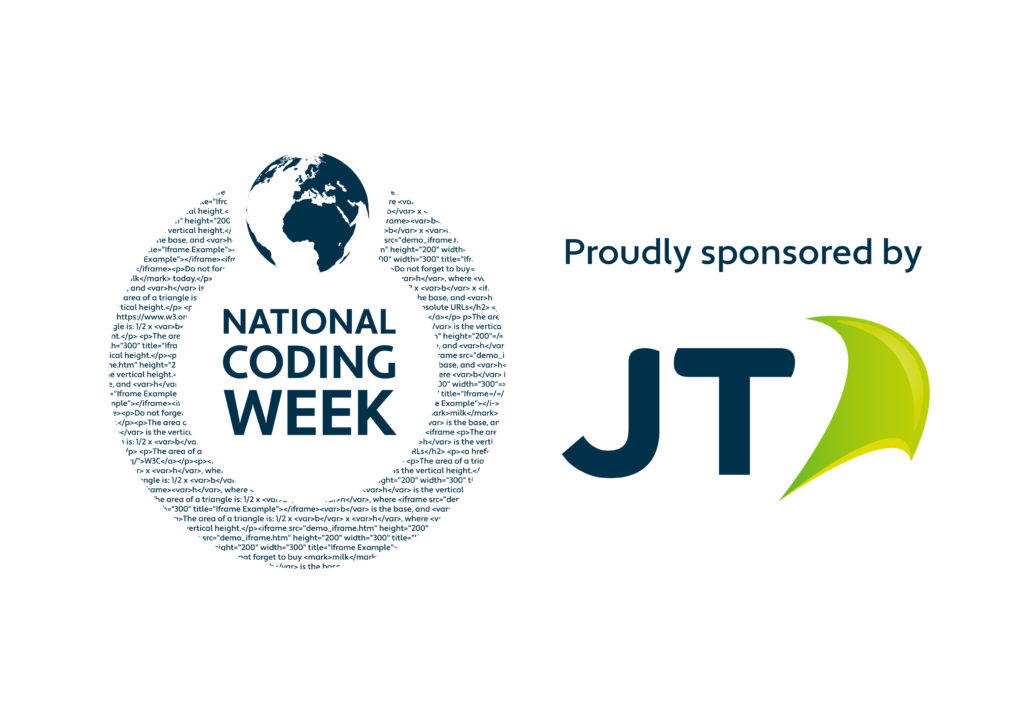Meet Casey Nutley – HR Advisor

13th September 2021
The digital revolution has sparked a career change for many. It’s no secret that the demand for digital skills is accelerating, as innovations in technology continue to transform industries all over the world. Qualified candidates are in high demand, as these digital and technical roles become a prominent feature on job boards, but with not enough talent to fill them.
Technology roles in today’s digital age cover such a broad spectrum that it’s no wonder many people feel as though they have fallen down a rabbit hole when trying to learn more about potential career paths and opportunities.
Gone are the days when ‘Technology’ within a company meant one singular IT department who you talked to fix your computer. So, where do you start and what can a career in tech offer you?
Being on the front lines of innovation
Many digital jobs require you to get creative on a daily basis, solve complex problems, and learn new skills as new technologies emerge. Being part of an industry that not only embraces change but is part of constant change, growth and improvement, is an exciting place to be.
You can work on anything, from anywhere
In the post COVID-19 world that we now live in, more and more businesses are supporting Flexible Working initiatives allowing you to choose where and when you work and that could be anywhere in the world.
Top tips for applying for a role within the Technology industry
1. Start by defining and determining your goals and interests
Ask yourself these questions and be prepared to answer them confidently.
• What key areas have you studied that really interest you?
• What type of work do you find most satisfying?
2. Research the company
Good research involves more than scanning a company’s website – businesses want to know that you
understand who they are, what they do, who they work with and what others say about them. Ask yourself:
• What is important to you?
• What values does the business have that are meaningful to you?
• What news item have you recently read that is relevant to the role and excites you
3. Don’t just list your skills and knowledge – show how you have practically applied them
This seems obvious, but is something that many fall short of either at the application stage or during an
interview. Always remember that your CV and or covering letter should contain key information relevant to the
role that you are applying for and also the reason why you want this role, think of it as a pre-interview
opportunity to sell yourself.
4. Don’t be afraid to reach out
If you want to know more about a role, or if a hiring manager’s contact information is on the job advertisement – use the opportunity to ask a question, it’s something very simple to do and very well received.
Find out more about JT’s career opportunities
